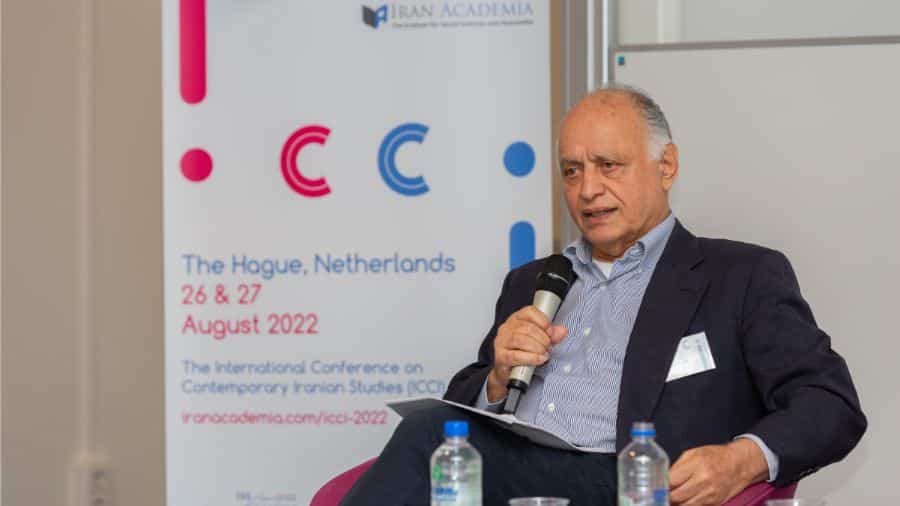The world is on the cusp of a new order at the turn of the century. Iran may fall prey to this shift. The order that emerged in the 1980s as a result of globalization and the disintegration of the Eastern Bloc is coming to an end. As a result of the invasion of dictatorships and populism against liberal democracy and Russia’s military action against Ukraine, the globe is currently divided along two axes: dictatorship and liberal democracy. The “Looking East” ideological tactic serves two purposes. First, relying on Russia and China to cope with the West and liberal democracy; second, seeking political assistance; and third, if the Islamic Republic is threatened in the future, military action to combat the pro-Western opposition. This policy has strategic importance for Russia. Because he is aware that in order to keep the West away from Iran, he must assist in preserving and ensuring the survival of the Islamic Republic. The Islamic Republic’s strategy of looking to the east, which began in 2004, has resulted in significant development setbacks and backwardness. However, this method will not restrict losses to this amount. Long-term, it may result in Russia’s military action against the Iranian people, as it did in Syria and, to a lesser extent, Kazakhstan. Iran’s destiny will be determined by the repercussions of developments in Ukraine. In other words, the confrontation between the two policies of liberal democracy and dictatorship in the international arena, as well as the orientation of the Islamic Republic toward Russia, will increase the distance between Iran and the West, whose preservation was and remains an absolute necessity. The leaders of the Iranian regime believed they could develop their nuclear program by fighting the West and relying on the East, namely Russia and China. Nevertheless, the entire globe resisted this notion. To the point that Iran’s case was placed under the seventh chapter of the United Nations Charter and severe sanctions, including oil and banking activities, were imposed. National interests form the foundation of a country’s foreign policy. Lack of comprehension of this idea has prevented the Islamic Republic from adjusting its “Look East” estimates to reflect reality. By embargoing Iran’s oil and central bank, Russia was able to sell more oil on the global market, while China was able to export Chinese commodities to Iran in lieu of dollars by keeping Iranian money in its banks. A second part of the “Look East” approach is to capitalize on the opportunities that have arisen in Asia. However, the opportunities for progress and development in Asian countries have resulted from direct and diplomatic relations with the West, particularly the United States, whereas the Islamic Republic’s view of the East has been formed with the intention of confronting the West, particularly the United States. In each of these instances, Iran has been the loser of the “Look East” strategy, and by joining Russia in military aggression against Ukraine, in the new order at the turn of the century, and by the efforts of Arab countries, Israel, and possibly Turkey to form the Arab NATO, Iran’s future faces grave threats.
This speech is part of the following panel:
Speech of Kazem Alamdari




